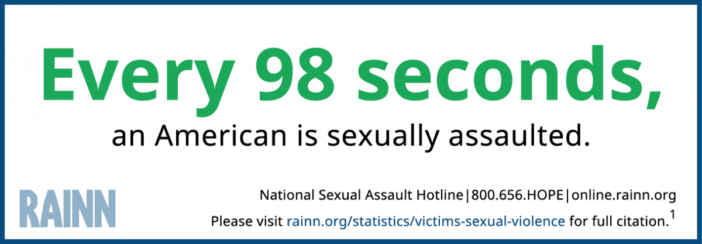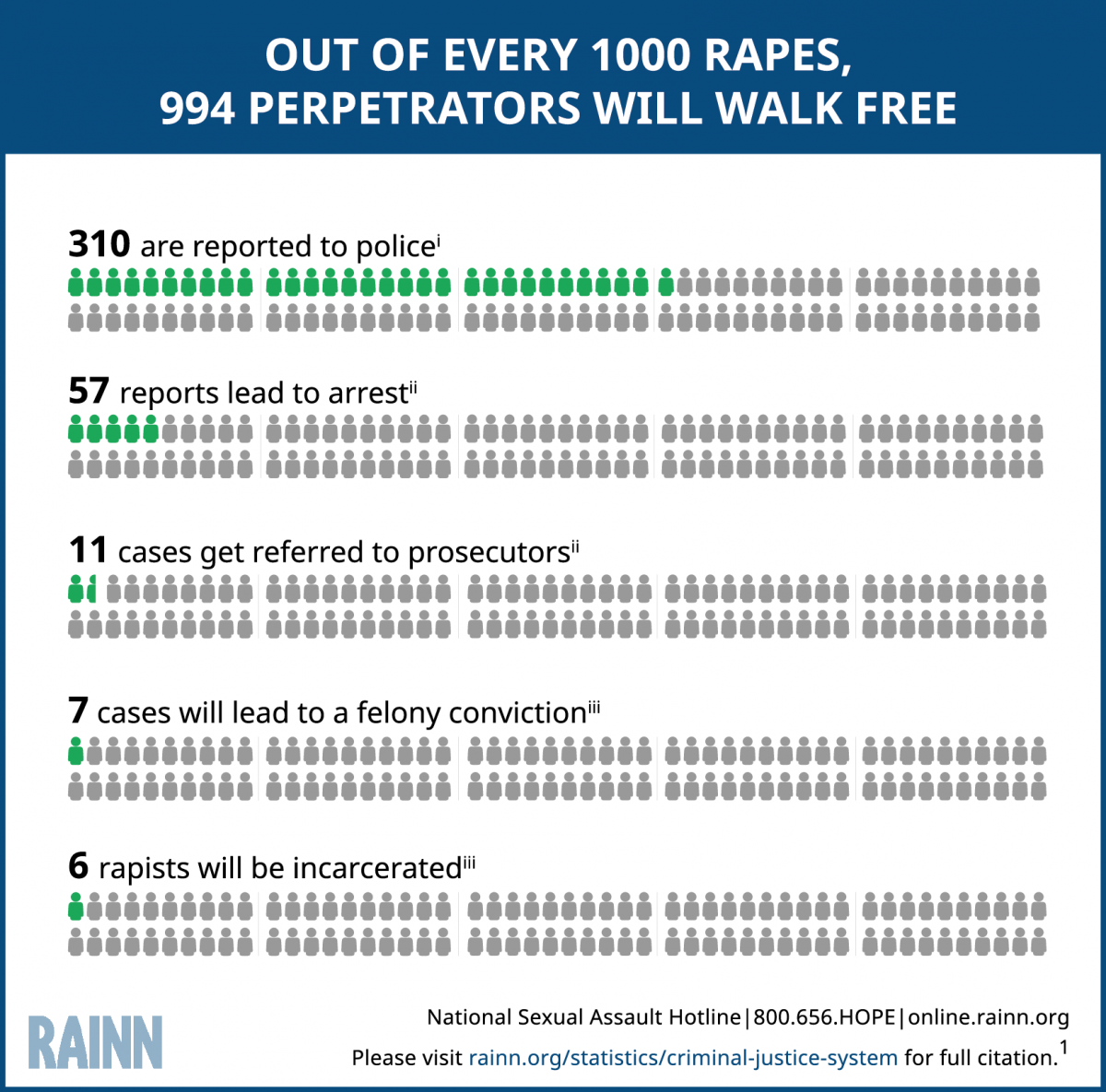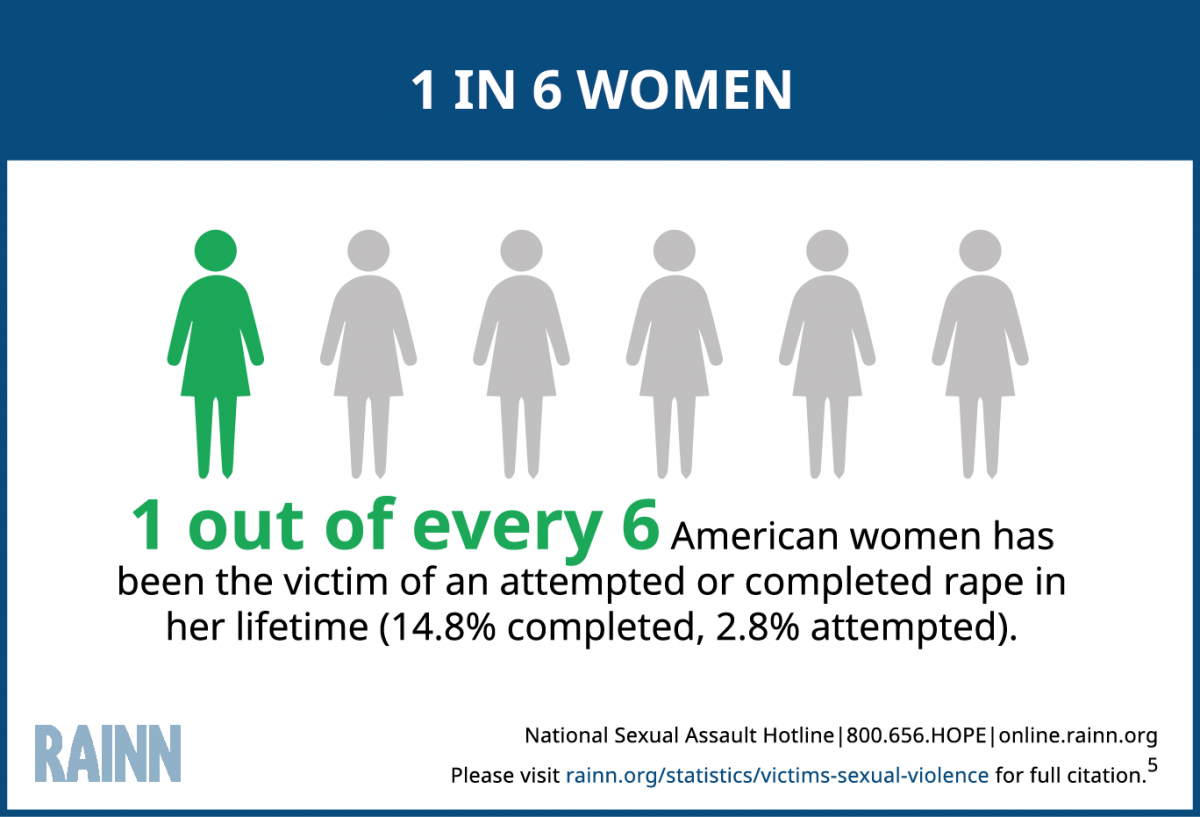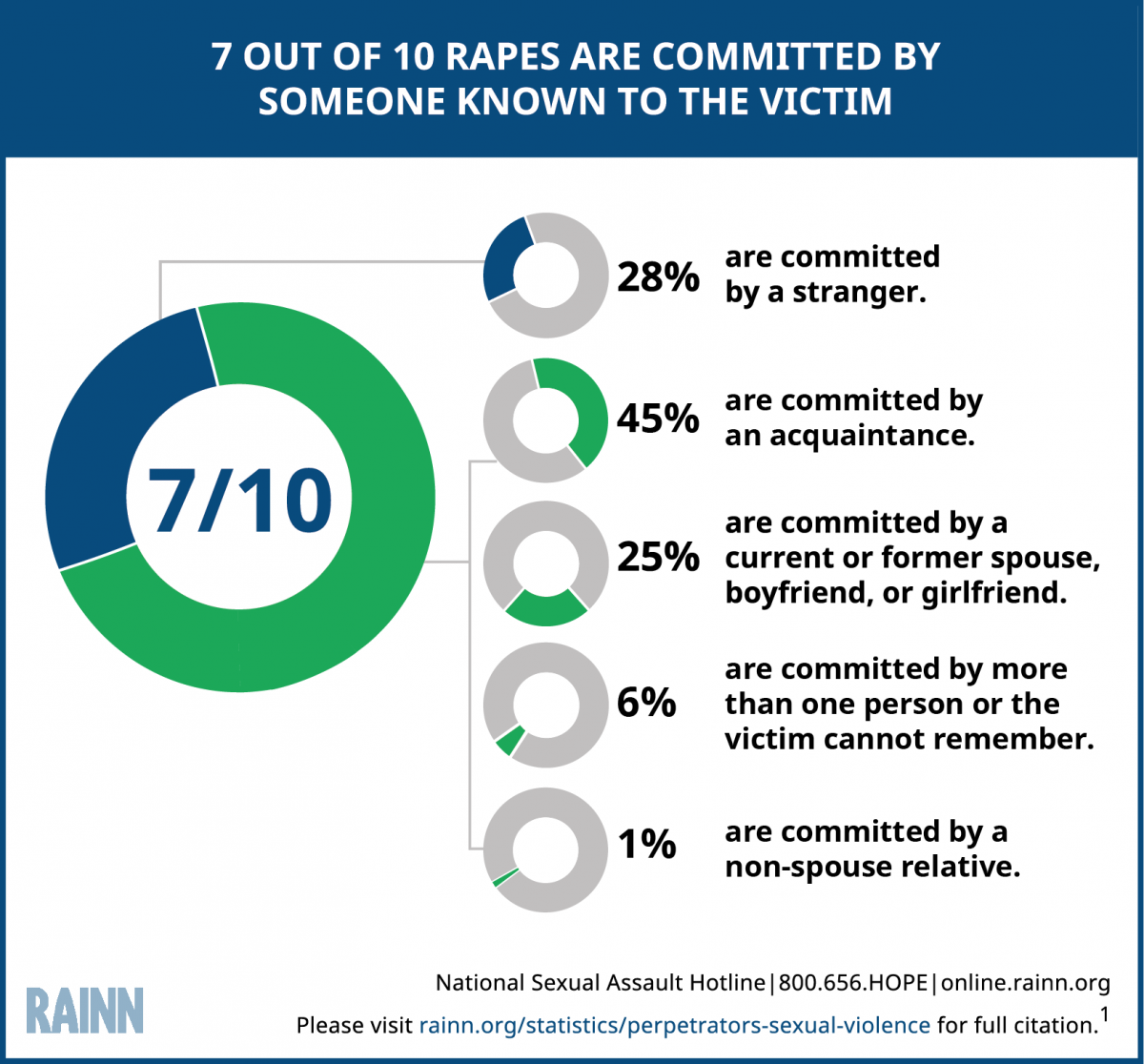In the midst of all the hoopla in Washington over the accusations by Dr. Christine Blasey Ford against Judge Brett Kavanaugh, there was a positive development. New attention has been given to the reporting of sexual assaults and the way police handle these sensitive cases.
There are a number of studies that have consistently found that the underreporting of sexual assault by victims is significant. According to the National Crime Victimization Survey, 77 percent of sexual assaults and rape are not reported.
There are many reasons victims do not report sexual assaults. Amongst these is the victim’s relationship with the suspect, fear of reprisal, and just plain fear. Two big reasons, however, are the belief that the police will not do anything to help, or the police can’t do anything to help. This line of reasoning often is based upon an old model of policing that hasn’t been practiced in decades.
Police sexual assault investigations have come a long way, especially when it comes to the care and treatment of victims. In California, Peace Officer Standard and Training (POST) guidelines for sexual assault investigation state: “The trauma associated with sexual assault differs from other forms of victimization. Due to the invasive nature of sexual assaults, it is especially important that responding officers are trained to develop a supportive environment for victims. It is paramount that victims feel secure and protected when law enforcement personnel follow investigative protocols necessary to help ensure prosecution of the crime.”
Today’s police officers are trained from the academy on how to be sensitive and supportive to victims. Myths dispelled during training include the lack of physical injuries, lack of “typical” reaction, and “date rape” miscommunications.
The most significant change I’ve seen is in the support services offered to victims of sexual assault. I had a conversation with Vanessa Reyna, a program director with Waymakers, a nonprofit that works with law enforcement agencies and the court systems in Orange County to provide support services for all victims, and helps them find their way past conflict and crisis.
“We have a lot of embedded ideas and stereotypes about what sexual assault is, and that feeds into how victims expect their cases to be handled,” Reyna explained.
A victim advocate can be called out 24 hours a day to respond to a reported sexual assault. The victim advocate provides a supportive presence during every step of the investigation. This includes forensic exams, interviews, and court appearances. They also help guide victims through the sometimes messy judicial system and educate them on the process.
“The goal is to provide a level of stability and support for the victims regardless of the legal outcome,” Reyna said.
There is no doubt that treatment of sexual assault victims has changed dramatically since I first started as a police officer in the early ’80s. But there is still a lot of work to do in educating and informing the public.
Rape still is the most underreported violent crime. According to one dramatic statistic, only 310 of every 1,000 sexual assaults are ever reported to the police. The sheer number of actual sexual assaults that take place in this country is difficult to accurately calculate, and it’s estimated that as many as one in six women has been sexually assaulted.
Delayed reporting also is not unusual. While it does create special challenges for investigators at some point, victims sometimes feel motivated to report assaults that at times happened decades before. Even in these cases, police officers and victim advocates are there to lend support.
Dealing with “rape culture” and sexual assault is not just the job of law enforcement, but a community problem. Huge strides have been made, but there still is more work to be done.
Joe is a retired police captain. You can reach him at jvargas@behindthebadgeoc.com
 Behind the Badge
Behind the Badge






